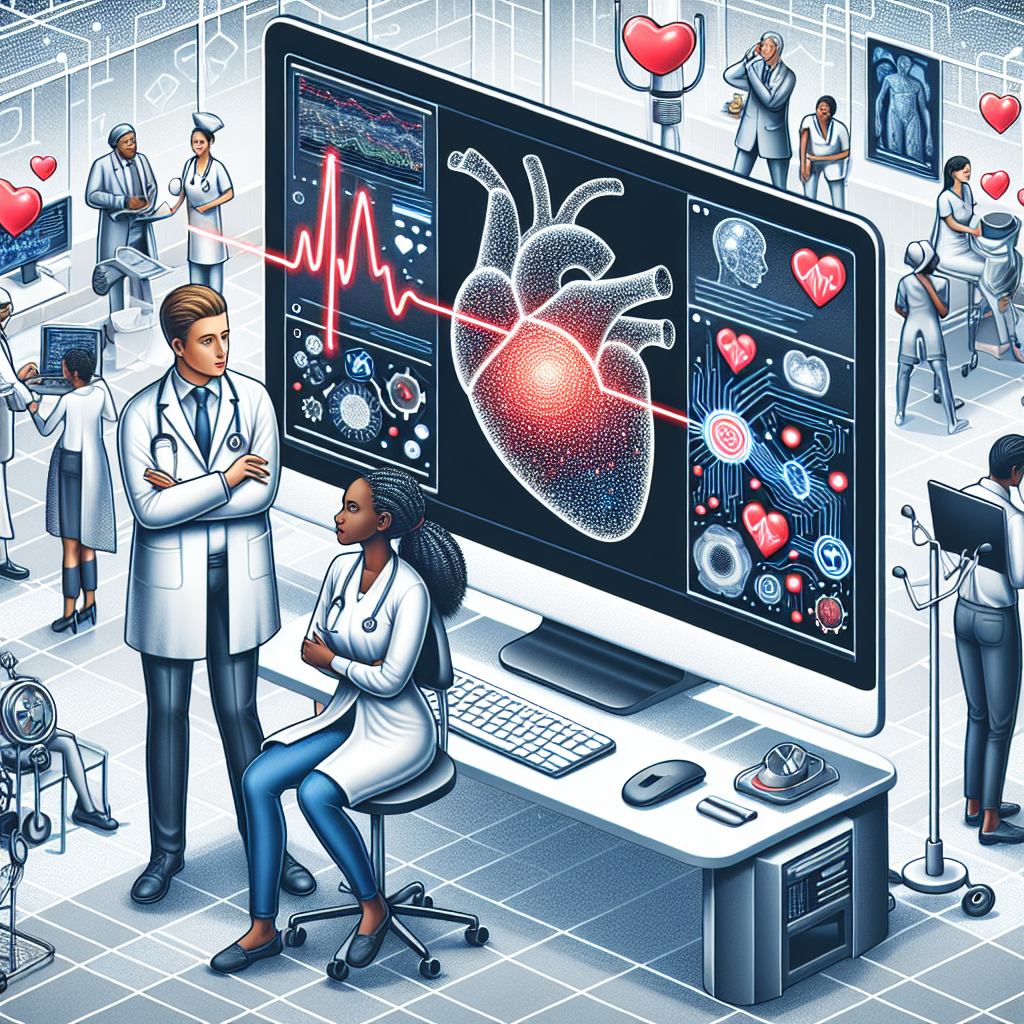The Impact of AI Integration on Healthcare Delivery
Artificial intelligence (AI) has been revolutionizing various industries, and healthcare is no exception. The integration of AI technologies into healthcare delivery has the potential to transform the way healthcare is administered, improving efficiency, accuracy, and patient outcomes. From diagnosing diseases to streamlining administrative tasks, AI is reshaping the healthcare landscape in ways that were previously unimaginable. In this article, we will explore the impact of AI integration on healthcare delivery and its implications for patients, healthcare providers, and the industry as a whole.
AI in Diagnostics
One of the most significant ways AI is transforming healthcare delivery is in diagnostics. AI algorithms can analyze vast amounts of medical data, including patient records, lab results, and images, to help healthcare providers make more accurate and timely diagnoses. For example, AI-powered imaging systems can help radiologists detect abnormalities in medical images, such as X-rays and MRIs, with greater accuracy than human eyes alone. This can lead to earlier detection of diseases like cancer, improving patient outcomes and reducing healthcare costs.
AI in Treatment Planning
AI is also being used to personalize treatment plans for individual patients. By analyzing a patient’s medical history, genetic information, and other factors, AI algorithms can recommend the most effective treatment options based on the patient’s unique characteristics. This personalized approach to treatment can lead to better outcomes and reduced side effects for patients, as well as more efficient use of healthcare resources.
AI in Administrative Tasks
In addition to clinical applications, AI is also being used to streamline administrative tasks in healthcare delivery. AI-powered chatbots can assist patients with scheduling appointments, answering questions about medications, and providing general health information. This can free up healthcare providers to focus on more complex tasks, improving efficiency and patient satisfaction. AI can also help healthcare organizations optimize their workflows, reduce administrative costs, and improve overall operational efficiency.
Challenges and Opportunities
While the integration of AI into healthcare delivery offers many benefits, there are also challenges that need to be addressed. One of the main concerns is the potential for bias in AI algorithms, which could lead to disparities in healthcare outcomes for certain populations. It is crucial for healthcare providers to ensure that AI systems are trained on diverse and representative datasets to mitigate bias and ensure equitable care for all patients.
Another challenge is the need for healthcare providers to adapt to new technologies and workflows as AI is integrated into their practice. Training and education will be essential to help healthcare professionals understand how to best utilize AI tools and incorporate them into their daily routines. Additionally, concerns about data privacy and security must be addressed to protect patient information and comply with regulatory requirements.
Despite these challenges, the integration of AI into healthcare delivery presents significant opportunities for improving patient care and outcomes. AI technologies have the potential to enhance diagnostic accuracy, personalize treatment plans, and streamline administrative tasks, leading to more efficient and effective healthcare delivery. As AI continues to advance, healthcare providers and organizations must embrace these technologies and work together to ensure that they are used responsibly and ethically to benefit patients and society as a whole.
FAQs
Q: How is AI being used in healthcare delivery?
A: AI is being used in healthcare delivery in various ways, including diagnostics, treatment planning, and administrative tasks. AI algorithms can analyze medical data to help healthcare providers make more accurate diagnoses, personalize treatment plans, and streamline administrative processes.
Q: What are the benefits of integrating AI into healthcare delivery?
A: The integration of AI into healthcare delivery can lead to improved diagnostic accuracy, personalized treatment plans, and more efficient administrative processes. This can result in better patient outcomes, reduced healthcare costs, and enhanced overall quality of care.
Q: What are some of the challenges of integrating AI into healthcare delivery?
A: Some of the challenges of integrating AI into healthcare delivery include potential bias in AI algorithms, the need for healthcare providers to adapt to new technologies and workflows, and concerns about data privacy and security. It is essential for healthcare organizations to address these challenges to ensure the responsible and ethical use of AI in healthcare delivery.

